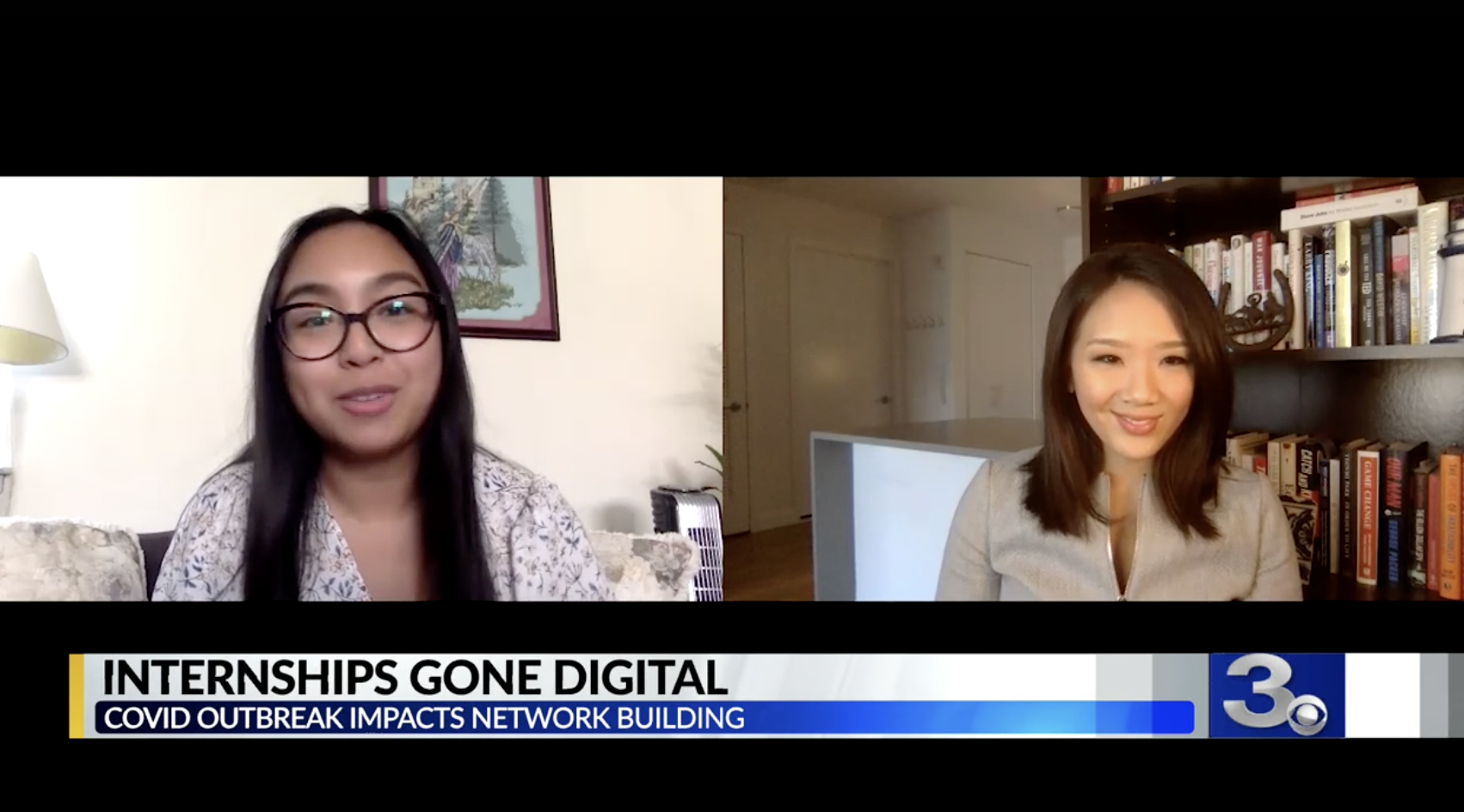
Many summer internships were canceled due to the COVID-19 pandemic, taking away students’ opportunities to gain hands-on experience and build professional relationships. And for companies, canceling internships takes away a key staffing and recruitment strategy.
One in two internship openings have closed since the pandemic began, according to Glassdoor Economic Research. But the pandemic didn’t cancel B2 Communications’ PR internship program. B2 is among the companies that are transforming their internship programs to virtual internship to allow students to work remote.
The PR agency had changed to a virtual model in January, but there were still ample learning in-person opportunities for interns who were invited to attend client meetings and media interviews. But as the pandemic hit, B2 changed its PR internship to a totally virtual internship.
The switch to a virtual internship model allowed spring/summer intern Alexis Novales, a recent University of Tampa grad, to continue her internship after she returned home to the New York City area when UT adapted to the pandemic.
Virtual internships offer new opportunities for students to still gain invaluable experience, even if they aren’t able to meet face to face. Alexis, who spoke with CBS Newspath reporter Nancy Chen about her virtual internship, talks about how tools like Zoom allowed her to continue her internship in a way that kept her connections with the agency intact.
So how can a virtual internship work for your company? Here are a few tips to guarantee that your virtual internship program can be successful:
- Offer mentorship opportunities. Hold weekly or bi-weekly one-on-one meetings with your interns. Make sure your intern isn’t feeling overwhelmed or underwhelmed, while taking the opportunity to talk about how the internship program is going and if anything needs to be adjusted.
- Allow cross-department collaboration. Interns who work across different departments gain a wider view of the company, its work and how different departments contribute to the company’s mission and goals. This approach can also enhance company culture by breaking down silos and instilling camaraderie, as several people are invested in the intern’s success.
- Create formal learning opportunities. Ask a few of the company’s subject matter experts to share their knowledge and advice to the interns on topics of interest. At B2, the principals host educational workshops – called “B2 University” – that cover a wide range of topics, such as interviewing tips, structuring writing in different formats, and effectively creating content for social media outlets.
- Set goals for the internship. It is important to understand what your intern’s learning objectives are for their internship. Regularly discuss the goals to find opportunities to help them have success while they absorb as much information as they can.
- Communicate proactively. In a constantly evolving technological world, there are numerous video chat platforms that companies can use to communicate frequently. Since employees at many companies are not returning to an office any time soon, it is extremely important to create some sort of structure for the workday. One idea: Have morning team calls to bring everyone together first thing every day to make sure everyone is on the same page.
- Hire ambitious people. Find interns who are internally motivated and energized by learning experiences – rather than simply adding experience to their resumes – and encourage them to explore new opportunities as they do their work. High-performing interns bring a fresh approach and enthusiasm that can spark new ways of thinking about the same business challenges.
This blog post was written by spring/summer intern Alexis Novales.
